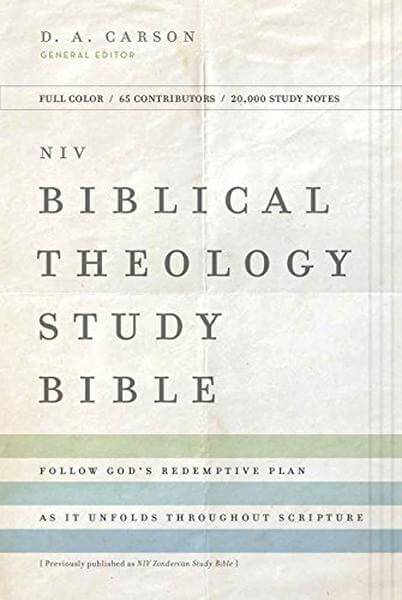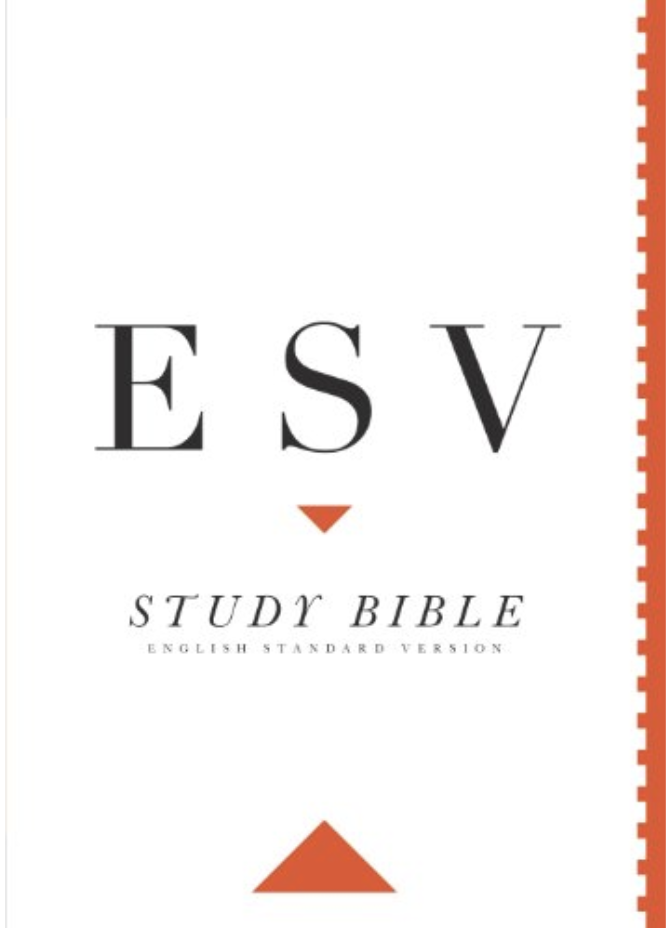Lesson 5: Other Valuable Resources
Study Bibles

Professor and author Andy Naselli calls a sound study Bible “one of the most helpful all-around tools you can use to better understand and apply the Bible.” And on a limited budget, no more single beneficial tool exists to help you delve into God’s Word.
A study Bible includes not only the full text of Scripture but also a mini-commentary on each page, giving informational and interpretational footnotes. It will also introduce each book of the Bible with its basic facts.
One way to use a study Bible is by simply reading the notes along with your regular Bible reading. But how should you use a study Bible if you are preparing to teach a Sunday School class or preach a sermon, or just doing a detailed study of a passage?
Here are two rules, followed by two ideas to get you started.
Remember that study notes are a commentary on the text, not the inspired text.
God inspired the original text of Scripture, in Hebrew, Aramaic, and Greek, which has been translated in a variety of accurate English versions. But God did not inspire the introductions, commentary, or list of cross-references given in study Bibles. Don’t confuse the two.
Don’t rely on the footnotes until you have dug deeply into the text.
All extrabiblical resources can become a crutch, keeping you from relying on the Holy Spirit and from struggling through the grammar and logic of a text. But this happens more easily with study Bibles since the footnotes are right there on the same page as the inspired text.
Use the book introductions to provide context.
Before the actual text of each book of the Bible, a study Bible will include helps like an outline, a discussion of the author, the audience, and the main themes of each book. Looking here when studying a specific passage will give you the context of your passage in broad strokes, and will keep your interpretation in line.
Use the footnotes to engage with each of the Five Horizons.
Depending on the study Bible, footnotes can contain comments on the exegesis of a particular passage, cross-references given to show you the biblical theology of a topic or the systematic presentation of that topic, quotations from church fathers, applications to modern life, and more.

